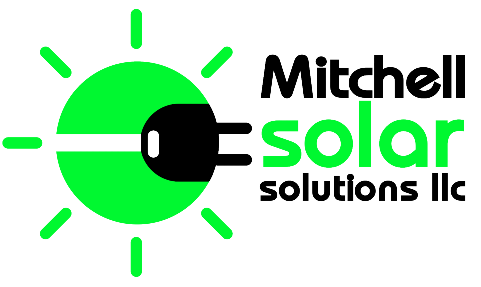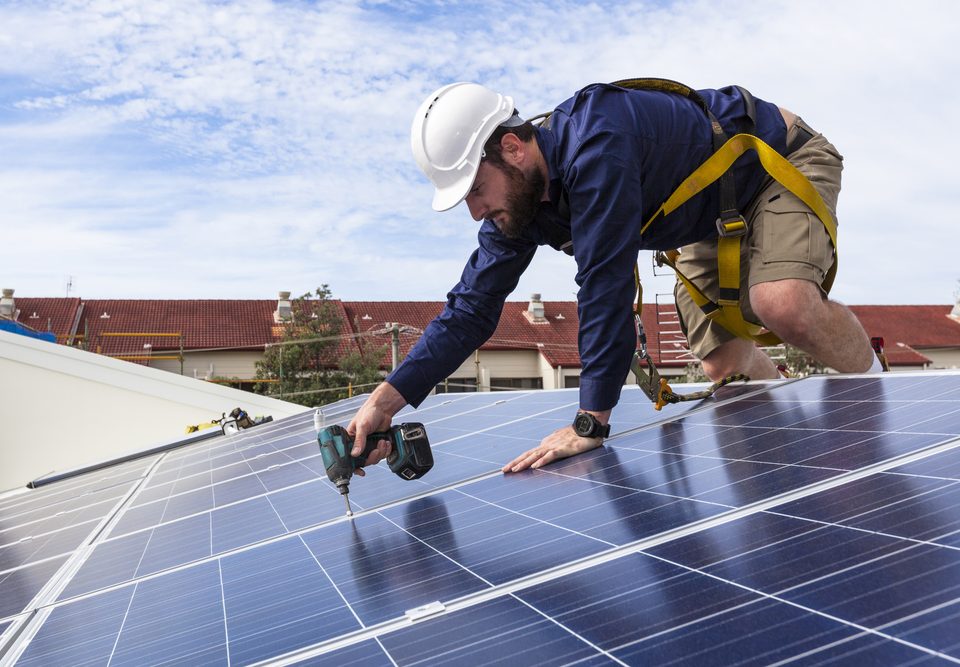Is My Home Suitable For Solar Installation?
Going solar is a big investment. It wouldn’t be considered an investment at all if you weren’t going to benefit from it in the future. With that being said, before making the purchase, one of the first questions
that should be asked is whether or not your home is even suitable for solar. At Mitchell Solar Solutions LLC, we believe in being upfront and honest with our customers. Meaning, if you live in the center of a forest, completely covered by trees, chances are your home is not very suited for solar energy, and we are going to let you know. When seeing if your home is suitable for going solar, there are a few things that should really be taken into consideration.
How Much Do You Spend On Energy?
Like we said, going solar is an investment, but only if you are going to benefit from it. If not, it’s just a purchase. One of the first things you should look at is how much you are currently spending on energy.
For some people, the energy bill is a minor monthly expense. For others, it can really break the bank…every month. Find out how much you are currently spending, but more importantly, find out how
much you would save by switching to solar.
What Kind of Roof is on Your Home?
You are going to have much better results if your roof is made of strong and durable roofing materials, like asphalt shingles or concrete tiles. If your roof is made of weaker material, it is still possible to go solar, but may take a little more bracing and adjustments. Will You Need a New Roof Soon? Solar panels have a really long lifespan, so it would not make any sense to have them installed on a roof that is going to need to be replaced before long. That would only cost you more money to have the panels removed, just to have them installed again. Solar panels should be installed on roofs that are in good condition and that will not need to be replaced any time soon.
How Much Sun Exposure Does Your Roof Receive?
It’s really important to take into consideration how much sunlight your roof receives. The more direct sunlight your roof receives, the more energy your solar panels can provide. While solar panels can still
produce energy on cloudy days, it’s best to avoid shaded areas altogether. Not sure if your home is suitable for solar? Contact us today for a free evaluation!

